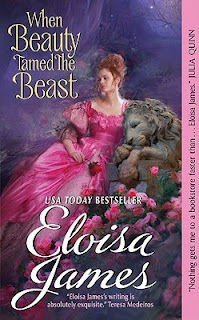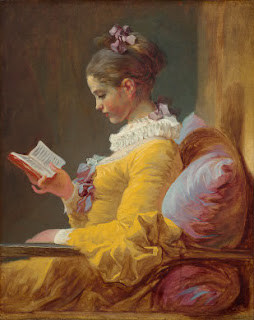 I recently picked up two books from my research TBR pile, Ian Kelly’s BEAU BRUMMELL: The Ultimate Man of Style (2006) and HARRIETTE WILSON’S MEMOIRS: The Greatest Courtesan of her Age (1957), edited and with an introduction by Lesley Blanch. I’m not done with the latter yet, but one thing caught my attention in both Kelly’s and Blanch’s introductions: their views on the subject of personality and celebrity.
I recently picked up two books from my research TBR pile, Ian Kelly’s BEAU BRUMMELL: The Ultimate Man of Style (2006) and HARRIETTE WILSON’S MEMOIRS: The Greatest Courtesan of her Age (1957), edited and with an introduction by Lesley Blanch. I’m not done with the latter yet, but one thing caught my attention in both Kelly’s and Blanch’s introductions: their views on the subject of personality and celebrity.
Blanch’s introduction begins: “The nineteenth century was an age of great personalities, a last splendid flowering before twentieth-century anonymity and mass living engulfed them in its drab tide.” I was rather surprised. Even though this was written in 1957, surely they had celebrities then as we do now.
 Contrast this with Ian Kelly’s prologue, in which he writes of Brummell that: “His fame eclipsed even that of his royal master, and his personal cult was described as so bizarre and alarming by his contemporaries it is reasonable to posit him not only as a key personality in the first anonymous metropolis, but as the first truly modern celebrity.”
Contrast this with Ian Kelly’s prologue, in which he writes of Brummell that: “His fame eclipsed even that of his royal master, and his personal cult was described as so bizarre and alarming by his contemporaries it is reasonable to posit him not only as a key personality in the first anonymous metropolis, but as the first truly modern celebrity.”
Further, Blanch writes with what seems rather like nostalgia that the courtesan “does not flourish in an industrial age. She may be said to have vanished with the nineteenth century, the first half of which, specifically, was the heyday of all those women whose personality and style, more than beauty alone, were such that they could command, besides large sums of money, independence and respect.”
I would agree that we no longer have exactly this sort of courtesan, but I think this type of celebrity still exists, though in somewhat different form and not constrained by gender.
Here are some more snippets from BEAU BRUMMELL that seem apropos:
“He came to symbolize a new attitude in response to the novel urban landscape. He was indifferent to politics, above the vagaries of fashion, sought only to be envied and make people laugh and accrued around his person a cult based on his perceived personality. He was a celebrity in the first age when such a term was used.”
“Like a modern celebrity, his image—of an insouciant, audacious, stylish brat—had a power of its own that overcame truth.”
This makes me think about modern celebrities. Some are famous for their activity in the areas of politics, social action, music, film or other arts. I find them interesting and like to know what they’re working on, though I don’t care who they’re sleeping with. Then there are celebrities like Paris Hilton and the Kardashians. I find them a snooze but maybe that’s just me. Perhaps they are something in the tradition of Beau Brummell and Harriette Wilson.
Still, I find the Regency personalities more entertaining and more witty. Beau Brummell has also left an enduring legacy in his influence on men’s clothing. I think the style he promoted really is flattering to most men. When ordinary guys look good in business suits or in their tuxes at a wedding party, we have Brummell to thank for it. Harriette, on the other hand, hasn’t left much beyond her memoirs. They do provide a fascinating glimpse into a side of Regency society we don’t often read about elsewhere.
What do you think about the cult of personality and celebrity? Do you have any favorites, historical or current, and what do you think makes them interesting?
Elena








